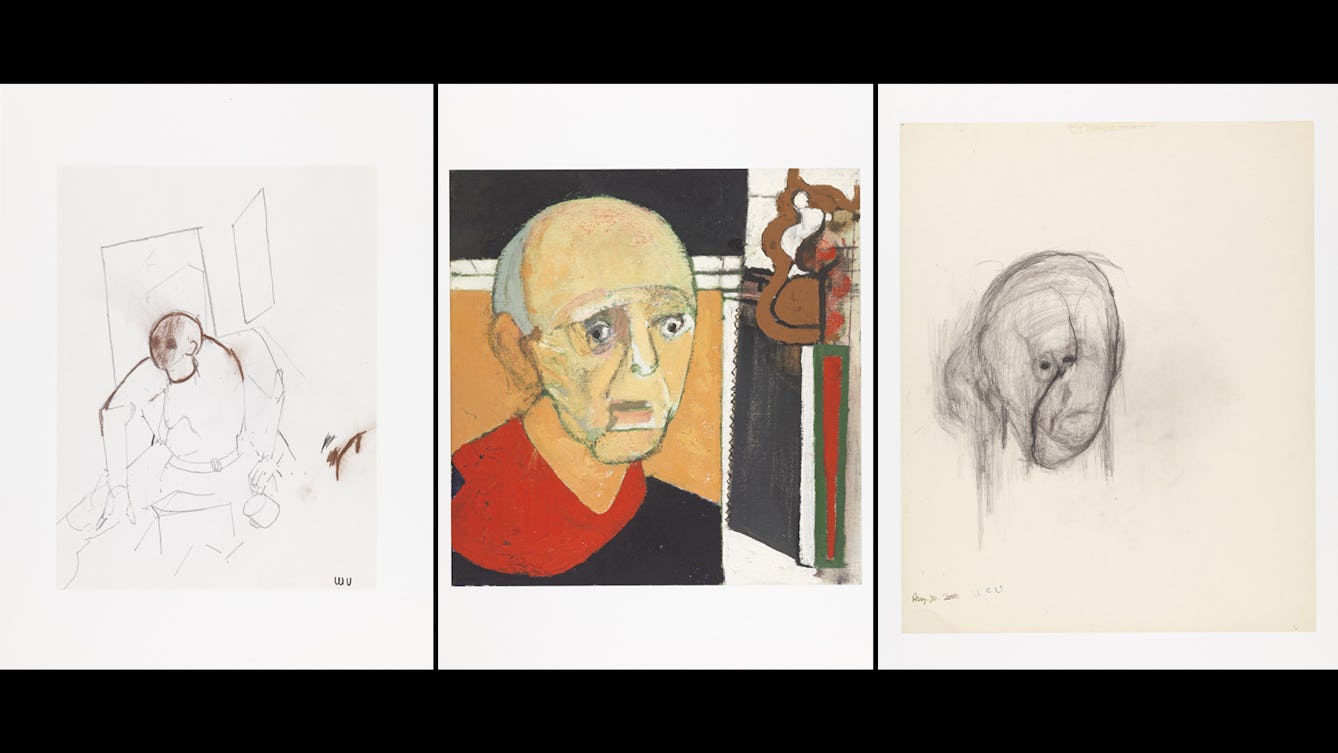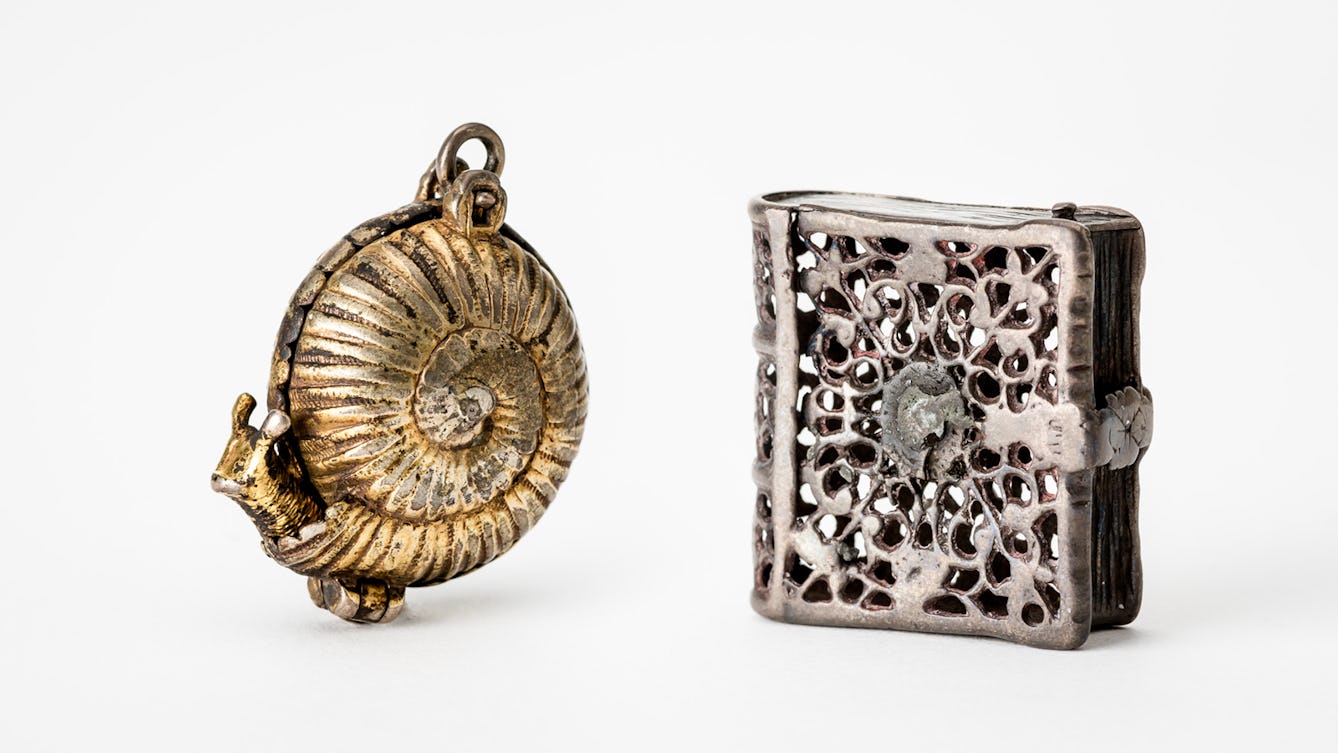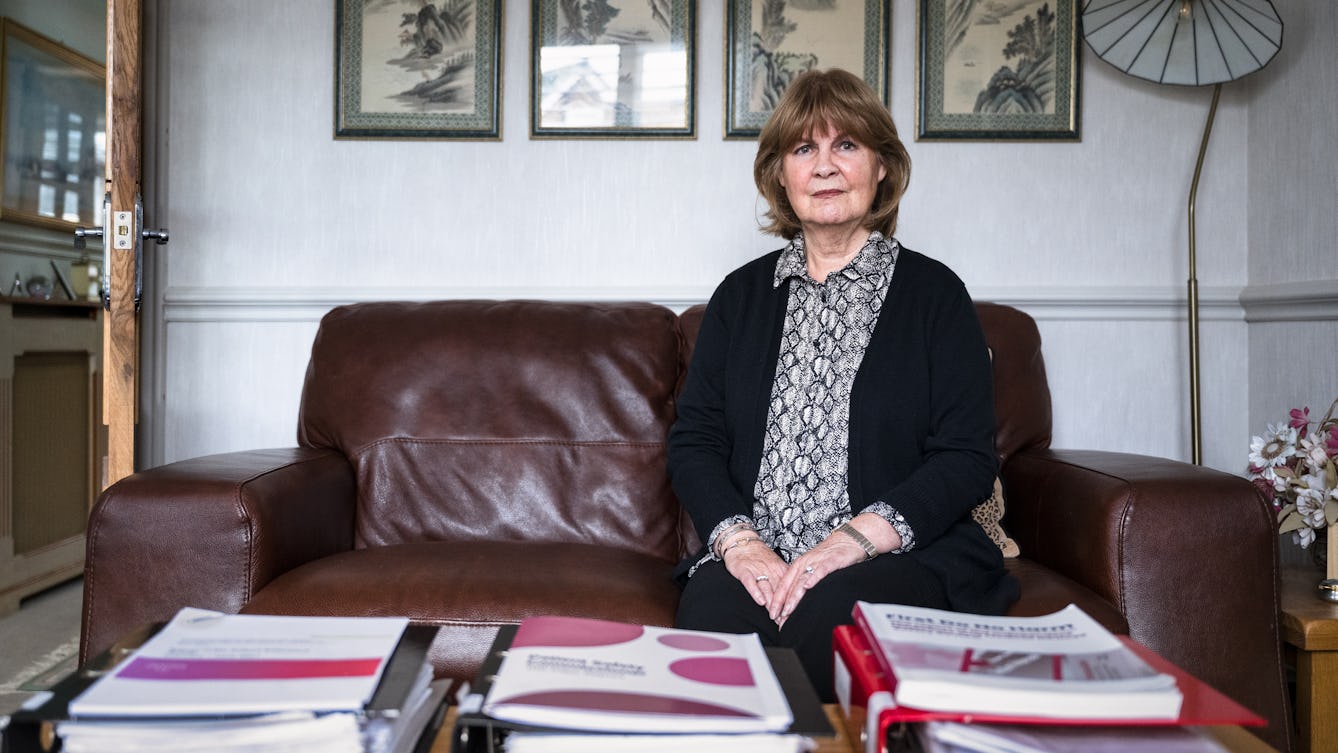
- Article
- Article
Uncovering experiences of dementia
Focusing on three 19th-century women’s case notes, Millie van der Byl Williams explores how our definition of dementia has changed.

- Article
- Article
Where hoarding and dementia meet
As Grandma’s dementia advanced, the things she’d amassed became more important: they consoled her. Clearing safe walkways through the piles became the first – though unwelcome – compromise.

- Article
- Article
Dementia playlists and musical memory
Listening to the right music can provide both solace and pleasure for someone with dementia, helping them to reconnect with the world around them. Grace Meadows makes the case for more music in dementia care.

- Article
- Article
The anatomy of a brain dissection
Dissecting the brain after death not only helps confirm a diagnosis, but it can also teach us so much more about the symptoms and causes of brain diseases and how to treat them.

- Article
- Article
How music opens the doors of memory and the mind
People living with dementia can often still listen, perform or move to music. What does this tell us about how memories are formed?

- Article
- Article
Vaccinating a community, saving lives
Doctor Jane Harvey always goes the extra mile to care for her patients, and in recent months that’s extended to huge efforts to save lives with her coronavirus vaccination push.

- Article
- Article
The Key to Memory: Use art to articulate
Danny Rees explains what William Utermohlen’s self-portraits can tell us about how and why we remember.

- Article
- Article
Seeking the hoarder in literature
As she strives to deepen her understanding of hoarding, Georgie Evans turns to books. But depictions of hoards and hoarders are few and often sparse, except in one surprising place.

- Article
- Article
The trouble with too many things
Hoarding is a slippery subject – difficult to define or diagnose. As she tries to explain the intensity of her grandma’s collecting, Georgie Evans finds the words and tools at her disposal aren’t all that helpful.

- Article
- Article
The Key to Memory: Follow your nose
Elissavet Ntoulia explores what a pair of pomanders can tell us about how and why we remember.

- Article
- Article
The empty bungalow
Grandma’s unsteady piles of stuff have been dismantled and dispersed. From an empty bungalow, Georgie Evans makes a plea for hoarding behaviour to be better understood.

- Article
- Article
A woman in her wilderness of things
Even though her home was overwhelmed with stuff, Georgie Evans’s grandma couldn’t stop buying things. In this series, Georgie delves into hoarding, and attempts to make sense of her grandma’s behaviour.

- Article
- Article
Why I don’t like prescribing sleeping pills
Sleeping pills often seem a simple option for aiding sleep or when dealing with anxiety, but there are many risks, and our anonymous GP is not afraid to say no to patients.

- Article
- Article
The leukaemia diagnosis I didn’t see coming
Treatment for leukaemia kept journalist Hannah Partos in isolation, like the female prisoner whose image inspired her to write this piece.

- Long read
- Long read
Primodos, paternalism and the fight to be heard
Journalist Florence Wildblood examines the case of Primodos – a conveniently quick but risky hormone pregnancy test that was prescribed in the 1960s and ’70s – and profiles two women at the story’s shocking heart.